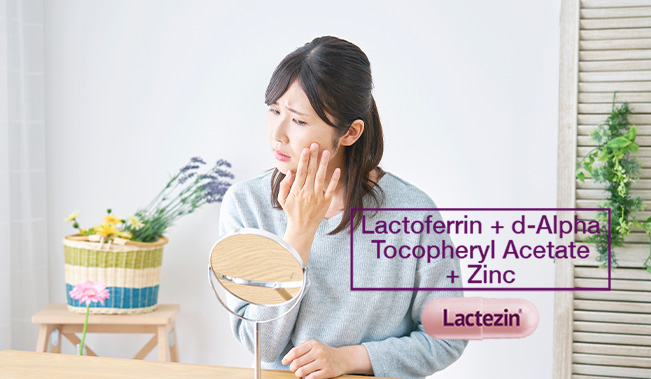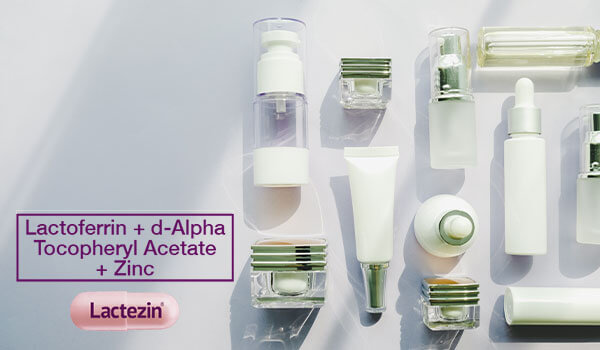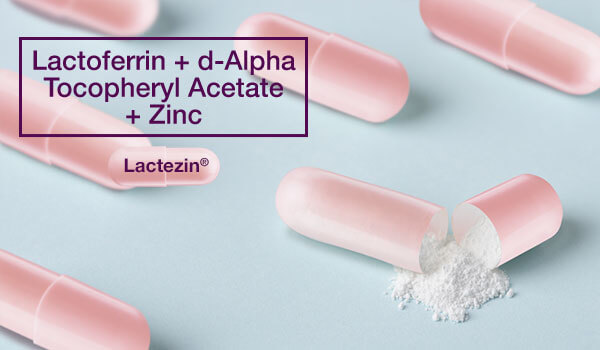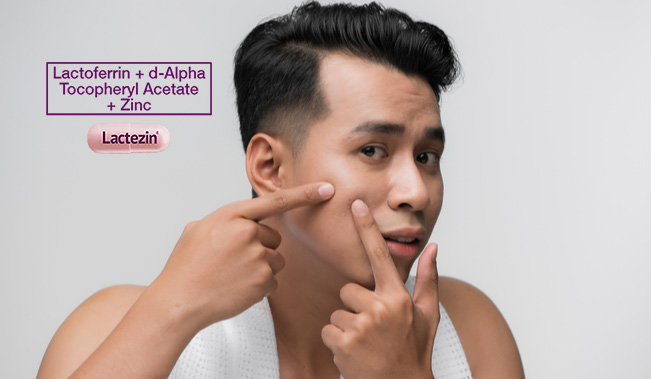Banish Acne Caused by Dry Skin With These Hydrating Ingredients

Dry skin is a common problem, and it can lead to a number of problems, including irritation and breakouts. While pimples are often associated with having oily skin, those with dry skin are also at risk for breakouts.
When you have dry skin, your glands produce more oil to counteract the lack of moisture and dryness. Once this happens, excess sebum, dead skin cells, and bacteria can build up in your pores, clogging these openings and causing pimples.
In other cases, people with dry skin tend to have pores with larger or wider openings, allowing bacteria and other pimple-causing agents to sink into the skin and trigger breakouts.
If you're struggling with dry skin, don't despair - there are plenty of hydrating ingredients out there that can help you get your skin back to its normal, healthy state. Take a look at some of the best hydrating ingredients for your skin and try to look for them in skincare products.
6 Hydrating Ingredients for Dry Skin
When buying products tailored for dry skin, read through the ingredients list and look for these hydrating substances:
- Glycerin: A natural compound known as glycerol, this is a type of humectant that helps bring water to your skin, seals in moisture, and assists with restoring dry or cracked skin. It’s known to help alleviate dry skin, hydrate your skin’s outer layer, and boost the function of your skin barrier, to name a few.
- Ceramides: These are fatty acids found in your skin cells, particularly in the epidermis or the skin’s outer layer. Using products with ceramides can be helpful in maintaining skin moisture and improving skin barrier function by shielding this organ from toxins, germs, and pollution.
- Hyaluronic acid: This acid is naturally produced by your body to improve its hydration. Also called hyaluronan or hyaluronate, this particular acid can help retain water and moisture, increase skin flexibility, lessen wrinkles and fine lines, speed up wound healing, and lessen scarring.
- Lactoferrin: This iron-binding protein is found in human and even animal milk. One study found that Japanese women who took 600 mg of lactoferrin for 12 weeks during the winter season had better skin moisture and texture scores. This suggests that lactoferrin may play a role in improving skin health, especially among people with dry skin.
- Vitamin E: This is a fat-soluble antioxidant that comes from spinach, nuts, whole grains, and olive and sunflower oil. It’s known to aid in alleviating effects of damage linked to harmful free radicals and reactive oxygen species. Some studies also showed that vitamin E may help reduce risk for inflammatory damage linked to UV exposure.
- Zinc: Found in food sources and supplements, zinc may help prevent damage linked to UV rays and aid in reducing risk for malignancies. Moreover, it has also been used for many years to address skin conditions like acne, rosacea, warts, melasma, and more.
Hydration vs. Moisture: What’s the Difference?
The terms “hydration” and “moisture” are often thrown around when it comes to skincare products. Most people think they are one and the same, but did you know that there are differences between these?
According to Medical News Today, hydrating ingredients for your skin will help draw water from your surrounding environments or from the dermis (deeper layers of the skin in) order to bring it onto the epidermis (upper layer of your skin). By doing so, it improves your skin’s strength and elasticity, keeping it healthy and younger-looking.
On the other hand, ingredients that are moisturizing mainly help reduce the risk of transepidermal water loss, wherein water evaporates from your skin and makes this organ prone to dehydration. Through this action, your skin barrier functions properly and prevents bacteria from entering the skin, while keeping moisture in.
Before looking for products with either hydrating or moisturizing ingredients, consider your skin type. Some ingredients are best suited for people with dry skin, while other ingredients may be better used by other skin types.
Moreover, consult a dermatologist who can help you understand what is happening to your skin and lead you in the right direction when it comes to the ideal products for it. They can also recommend that you take a patch test to determine if your skin will react positively or negatively to a certain substance.
Don’t Forget This Step When It Comes to Improving Skin
Aside from knowing the right skincare ingredients for dry skin, make sure you complement this routine with a healthy lifestyle. Strive to get as much exercise as you can and eat lots of healthy, nutrient-rich, and skin-boosting food.
You can also ask your dermatologist about Lactoferrin + d-Alpha Tocopheryl Acetate + Zinc (Lactezin). This clinically-tested and FDA-approved supplement contains three key ingredients that may help reduce your risk for pimples and improve skin health:
- Lactoferrin: This is an iron-binding protein that may help provide antibacterial and anti-inflammatory capabilities, combat pimple-causing bacteria, aid in lessening oil production and skin inflammation, and assist in enhancing immune function and repairing damaged skin cells.
- Vitamin E: A well-known antioxidant, vitamin E can help maintain your skin’s natural moisture, lessen your risk for skin dryness, aid in maintaining good skin health, and assist in fighting skin damage linked to free radicals and UV rays.
- Zinc: This particular mineral may assist in regulating oil production, enhancing skin appearance, and facilitating skin healing. Zinc may also help improve immune health and deliver anti-inflammatory abilities.
Take Lactoferrin + d-Alpha Tocopheryl Acetate + Zinc (Lactezin) twice a day for at least two weeks to help target and prevent pimples, together with a proper diet and exercise.
Lactoferrin + d-Alpha Tocopheryl Acetate + Zinc (Lactezin) is available in drugstores nationwide, and online at the ULSSI Webstore, Shopee and Lazada.
If symptoms persist, consult your dermatologist.
ASC Ref. No. U0152P072425L
SOURCES:
https://www.ncbi.nlm.nih.gov/pmc/articles/PMC6896904/
https://www.ncbi.nlm.nih.gov/pmc/articles/PMC4976416/
https://www.ncbi.nlm.nih.gov/pmc/articles/PMC4120804/
https://www.self.com/story/hydrating-skin-care-ingredients
https://my.clevelandclinic.org/health/articles/22915-hyaluronic-acid
https://health.clevelandclinic.org/skin-care-ingredients-explained/
https://www.webmd.com/beauty/features/types-skin-care-ingredients-dry-skin
https://www.webmd.com/beauty/features/skin-hydration
https://www.webmd.com/beauty/what-to-know-about-ceramides-for-skin
https://www.webmd.com/vitamins/ai/ingredientmono-49/lactoferrin
https://www.medicalnewstoday.com/articles/dry-skin-and-acne#causes
https://www.medicalnewstoday.com/articles/hydration-vs-moisture#hydration-vs-moisture
https://www.medicalnewstoday.com/articles/lactic-acid-for-skin
https://eternaldermatology.com/can-dry-skin-cause-acne/
https://www.shape.com/lifestyle/beauty-style/moisturizing-vs-hydrating-skin-care-products
https://www.healthline.com/health/glycerin-for-face
https://www.verywellhealth.com/lactic-acid-skin-care-4178819
https://lpi.oregonstate.edu/mic/health-disease/skin-health/vitamin-E


